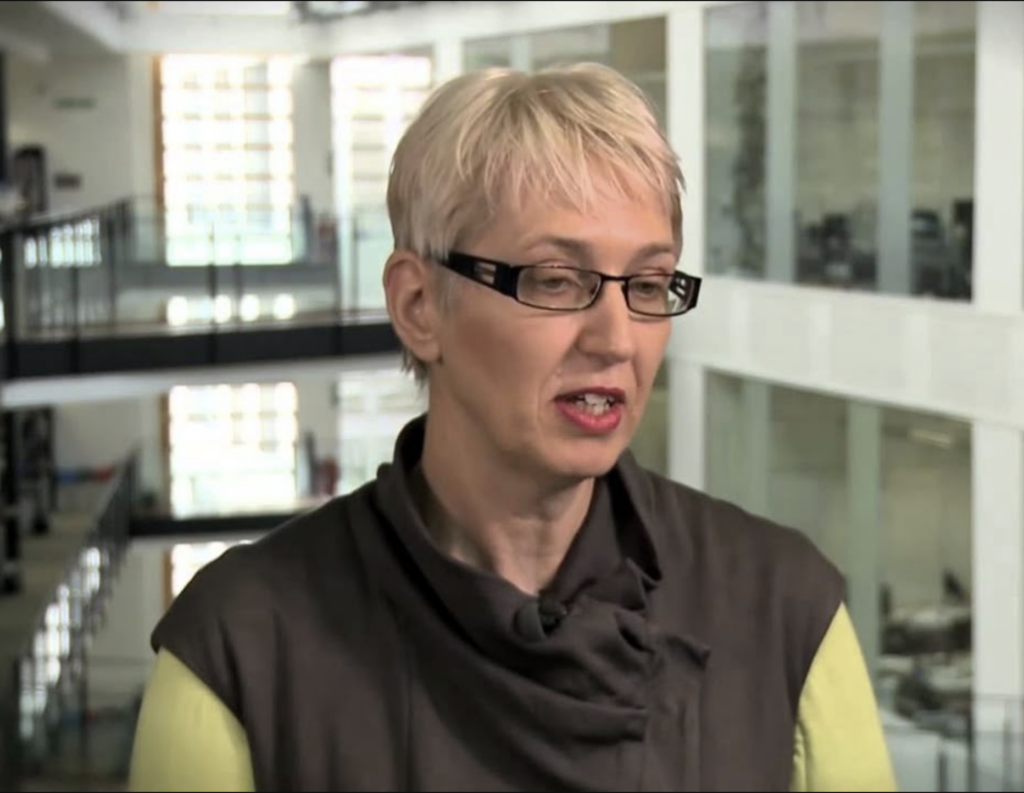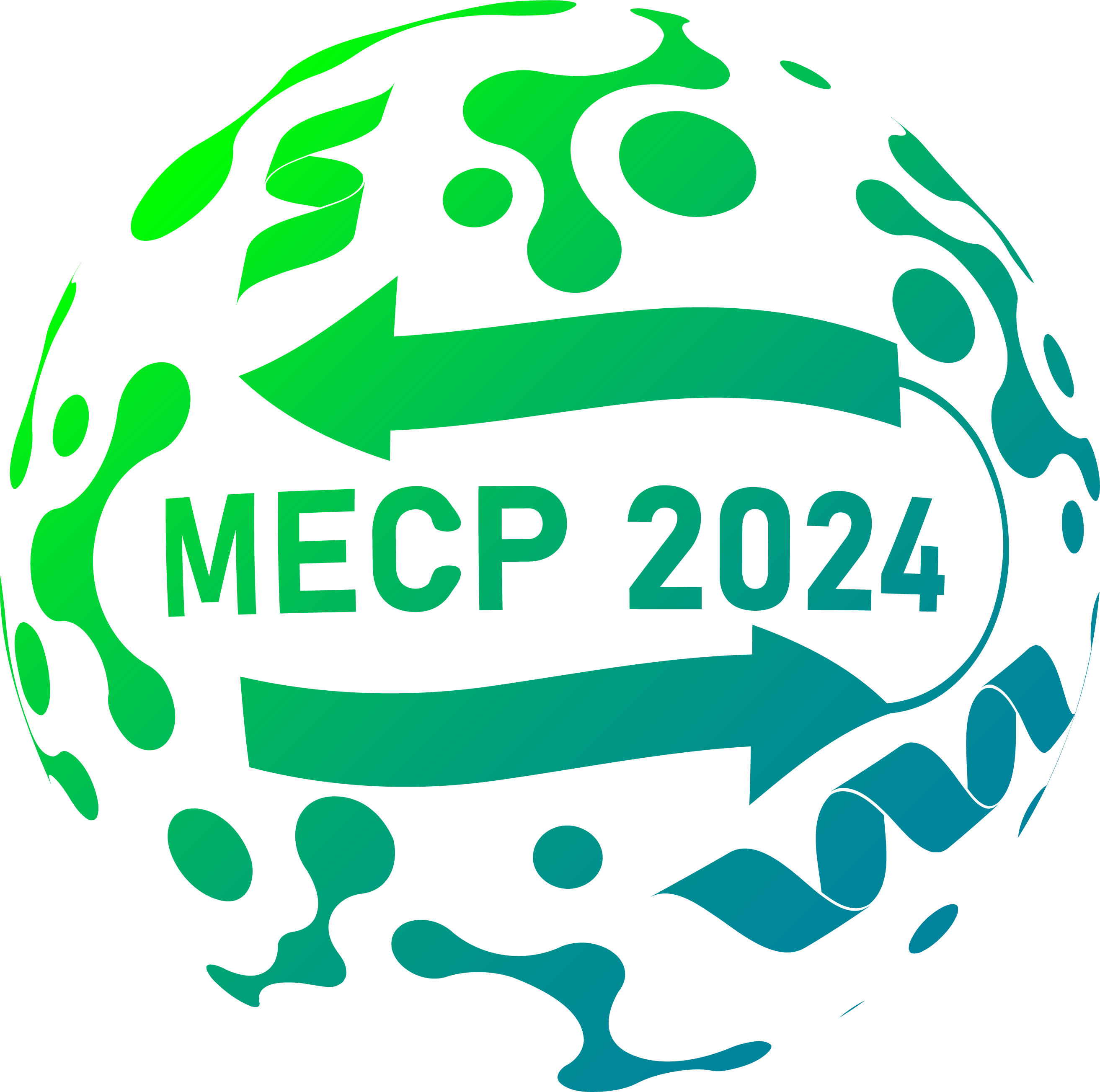
Prof. Sabine Flitsch
University of Manchester
Biography
Sabine holds a Chair in Chemical Biology at the University of Manchester in the School of Chemistry.
Her research group is housed in the Manchester Interdisciplinary Biocentre (MIB; http://www.mib.ac.uk/)
Sabine graduated from University of Münster in Germany in 1982 with a first class Diploma in Chemistry. She received a Michael Wills scholarship to study for a D.Phil at the University of Oxford under the supervision of Sir Jack E. Baldwin.
She then took up a DAAD Postdoctoral Fellowship at the Massachusetts Institute of Technology (MIT) to work with Professor H. Gobind Khorana until 1988 before returning to Oxford to take up a lectureship in Organic Chemistry for 6 years.
After joining the University of Edinburgh in 1995, Sabine was awarded the Zeneca Research Award in 1996 and the Glaxo Wellcome Award for Innovative Chemistry in 1997.
She was also a BBSRC Research Development Fellow from 2001-4 and was recently awarded the Wolfson Merit Award by the Royal Society (2007-2012).
In October 2004 Sabine moved to a Chair in Chemical Biology at the University of Manchester in the Department of Chemistry.
RSC Interdisciplinary Prize Winner 2014 for her significant contributions in biological chemistry, in particular carbohydrate chemistry and glycobiology.
Research interests
Glycosciences – More than half of the proteins in the body are glycosylated, but the role of sugars attached to proteins is very poorly understood. We are using a combination of chemical synthesis, protein chemistry, molecular biology and biophysical methods to understand the effect glycosylation has on protein structure, folding and function. Key to the success of these studies are novel tools that we have developed for the synthesis of defined glycoproteins which are not available from natural sources. Such tools can be used in practical applications to stabilize protein structure and improve protein function.
Biocatalysis – Enzymes have enormous potential as catalysts for the production of fine chemicals, pharmaceuticals, agrochemicals and health care products. They can catalyse reactions with high regio- and stereoselectivity under ambient reaction conditions. We are interested in expanding the repertoire of biocatalytic reactions by developing novel biocatalysts for reactions that are chemically very difficult. Of particular interest are two classes of enzymes:
Monooxygenases – enzymes that can use molecular oxygen for the selective oxidation of a broad range of organic compounds, even the hydroxylation of nonfunctionalised hydrocarbons.
Glycosyltransferases catalyse the regio- and stereoselective formation of glycosidic bonds in saccharides and have been shown to be important tools for the rapid synthesis of biologically active carbohydrates and glycoconjugates.
Most recently, we have started to use biocatalysts on substrates attached to the solid phase, which are of interest in high-throughput chemical synthesis and biological analysis.
Protein-Ligand Interactions – The de-novo design of selective ligands (substrates, inhibitors, agonists or antagonists) of target protein is still a very challenging proposition. We are using a combination of virtual screening of compound libraries in combination with experimental library screening to find novel protein ligands. An ongoing project is concerned with the design and synthesis of novel blockers of Aquaporins, ubiquitous water channels common to many tissues and organs in our body. Water transport through membranes is key many important physiological functions and Aquaporins are important targets for therapeutic intervention.
__________________
